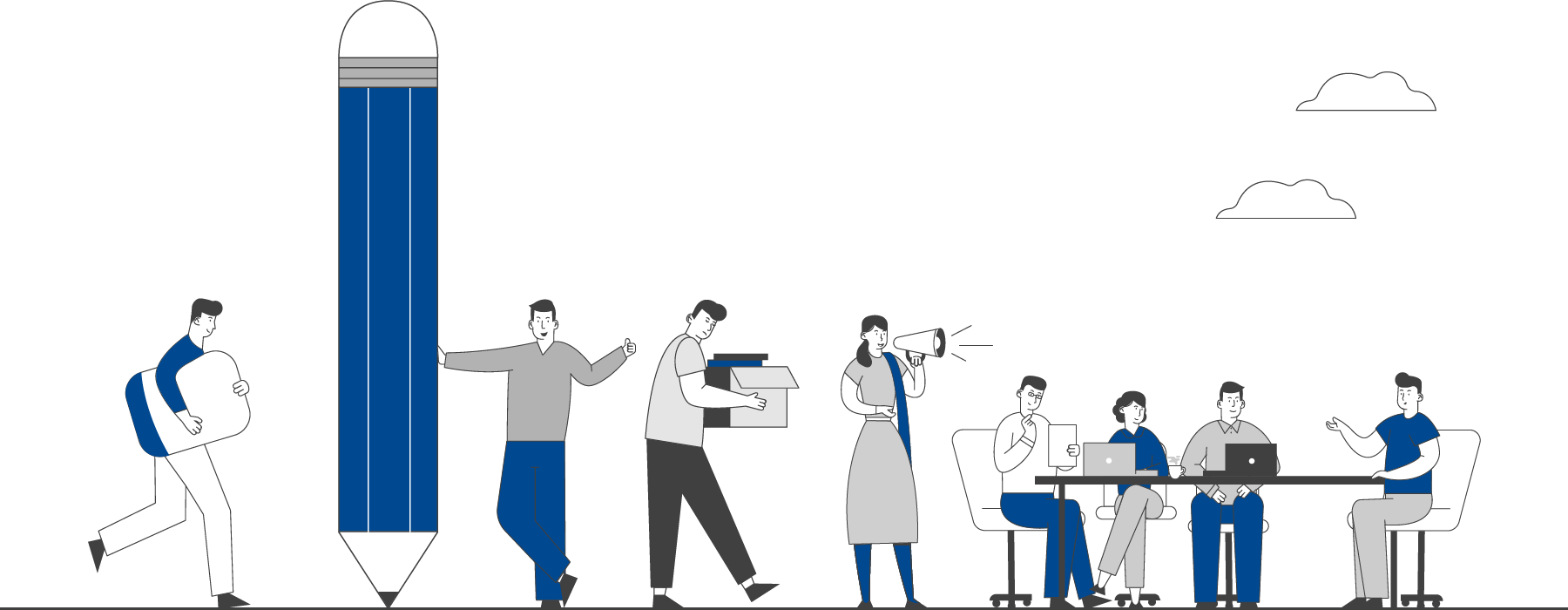

This section hosts guidelines, manuals and toolkits to strengthen public health practice.
Resources
FILTER
BY CATEGORY
View All
Caregiving in crisis: Gender inequality in paid and unpaid work during COVID-19
06 May 2022by OVER 1 HOUR
The recession that accompanied the COVID-19 outbreak has been dubbed a "shecession," suggesting that women have been disproportionately affected. The crisis, on the other hand, would be better described as a "momcession," because women's job losses were largely driven by the outcomes of mothers. This study shows cross-national evidence that when schools and childcare facilities closed, mothers bore the burden of additional unpaid care work – and, as a result, faced job losses and stress. These findings provide as yet another reminder that while developing policy responses to the COVID-19 crisis, governments must examine inequities in unpaid labour and employ a gender-sensitive approach.
Key findings
COVID‑19 has laid bare the negative consequences of longstanding gender gaps and norms around caregiving. RTM 2020 reveals that when schools and childcare facilities closed, mothers took on the brunt of the additional unpaid care work – and, correspondingly, they experienced labour market penalties and stress.
Mothers were nearly three times as likely as fathers to report that they took on the majority or all of additional unpaid care work related to school or childcare facility closures: 61.5% of mothers of children under age 12 say they took on the majority or entirety of the extra care work, while 22.4% of fathers report that they did.
Mothers of children under age 12 were the group most likely to move from employed to not employed status between Q4 2019 and Q3 2020, on average across OECD countries.
Gender gaps in a household’s unpaid care were largest, on average, when the father continued to be employed while the mother was not. This relationship was not reciprocated to the same degree in households where the father was out of paid work and the mother was in paid work. Indeed, consistent with existing literature, RTM 2020 data show that mothers’ participation in paid employment did little to mitigate inequality in unpaid work conditions.
Public supports may have helped to lessen gender inequality at home. Additional days of school closures correlated cross-nationally with greater gender inequality in the take‑up of additional unpaid work, while historically higher levels of spending on family supports were associated with smaller gender gaps in the distribution of additional care of children during COVID‑19.
The social policy response to the crisis should include greater public investments in good-quality childcare, education, and out-of-school supports; increasing the length, and incentivizing the take‑up, of fathers’ parental leave, which has implications for fathers’ long-term caregiving behavior; and promoting equal access to telework for women and men, addressing possible penalties in terms of pay and advancement for those using it. Policymakers must embed all of these strategies in a whole‑of-government approach to gender mainstreaming.
Related File :
4922243391.pdfCategories
COVID-19

 EXPLORE DATA
EXPLORE DATA 



























